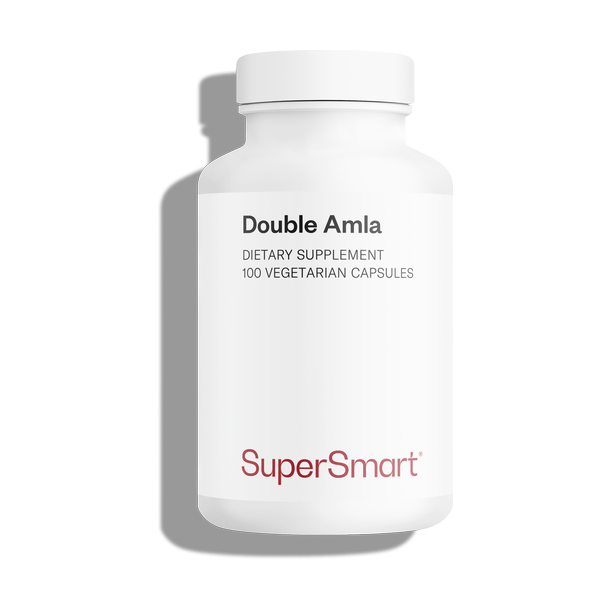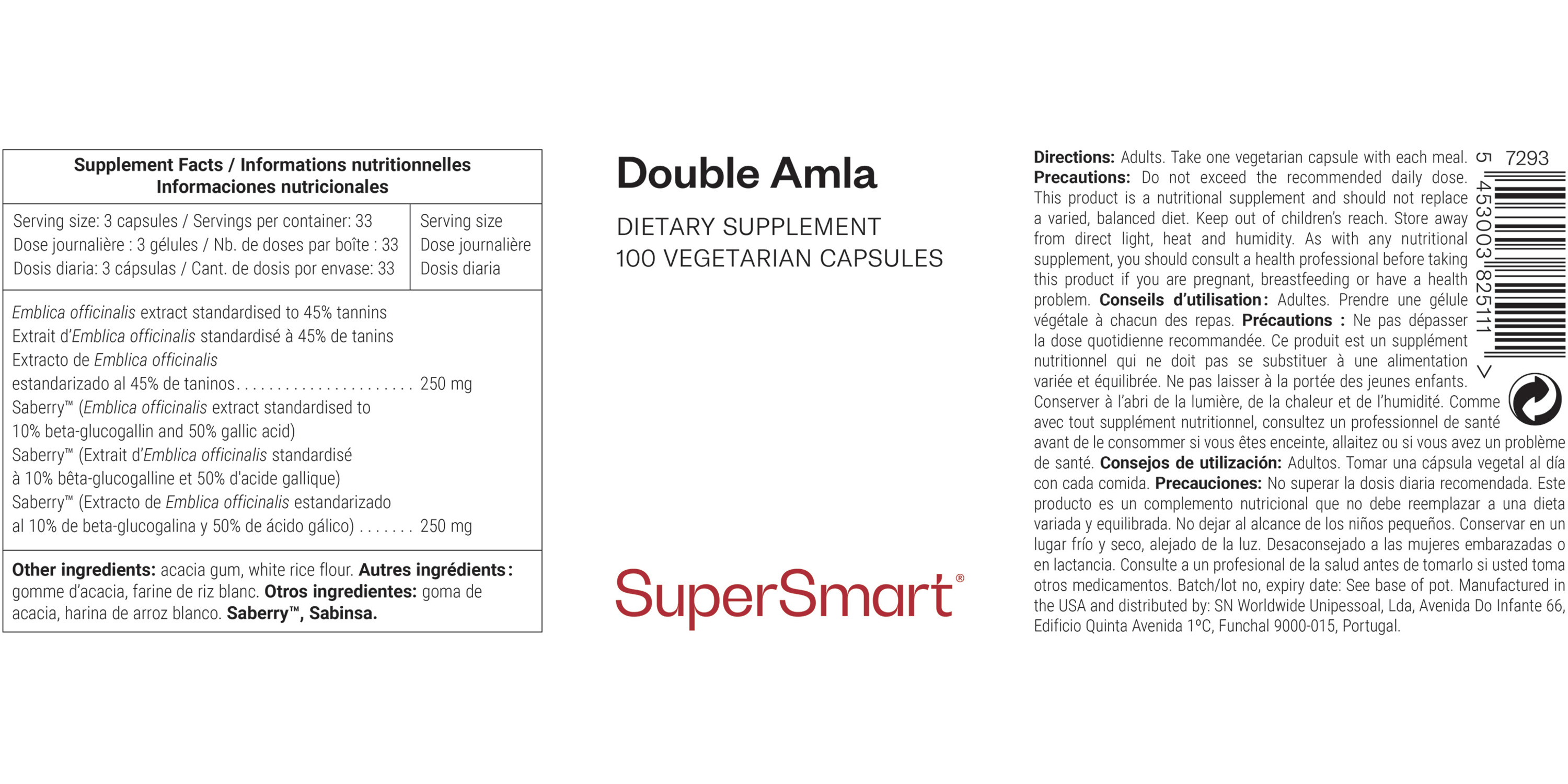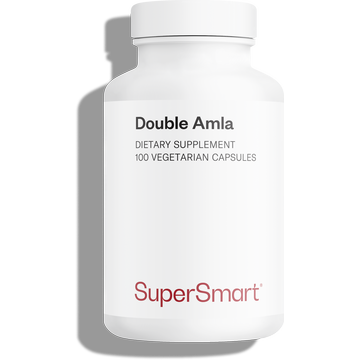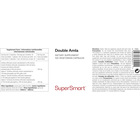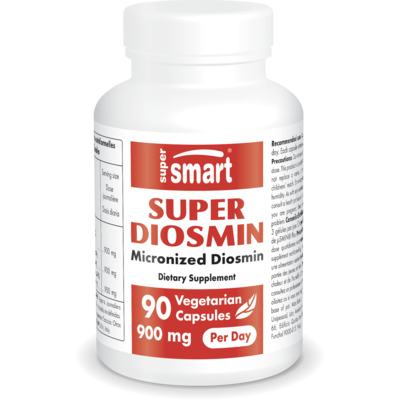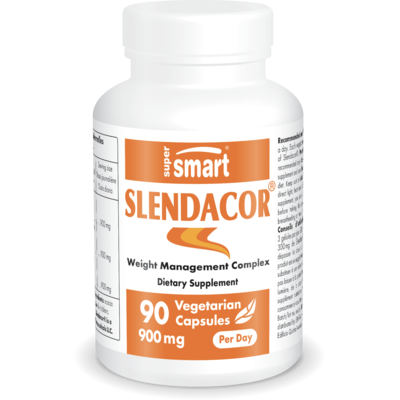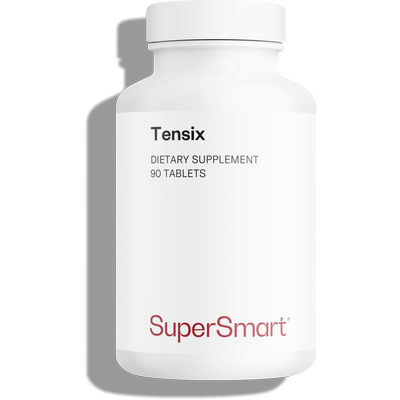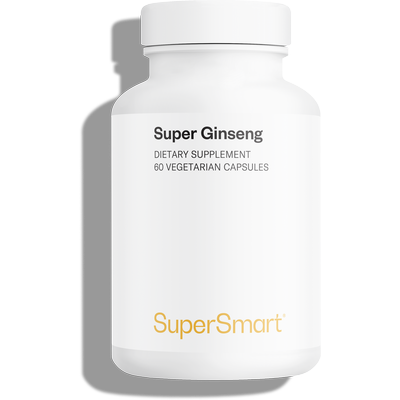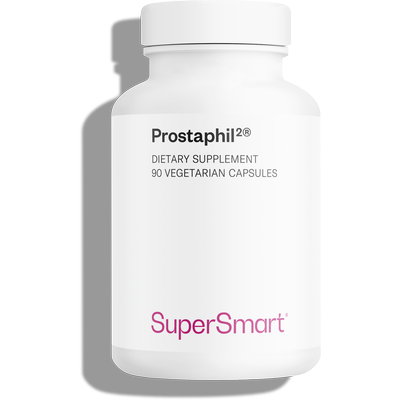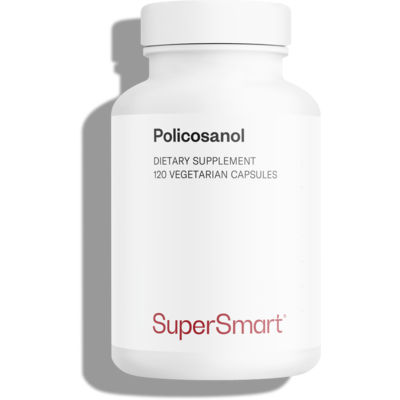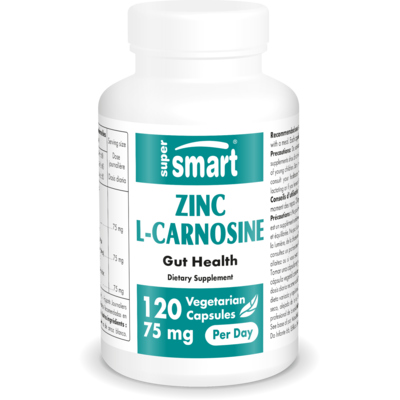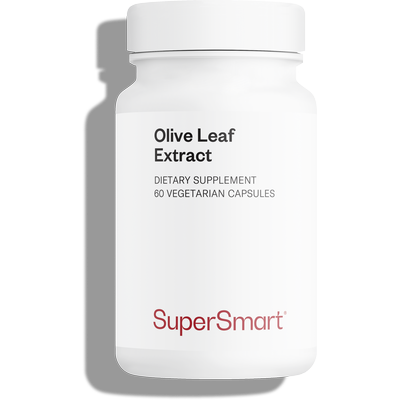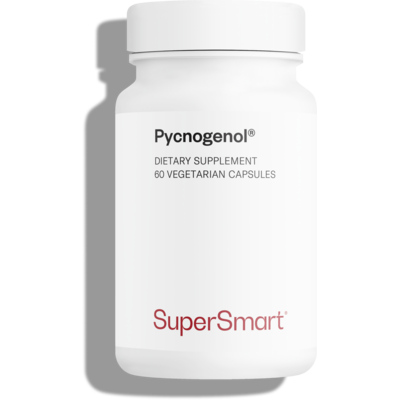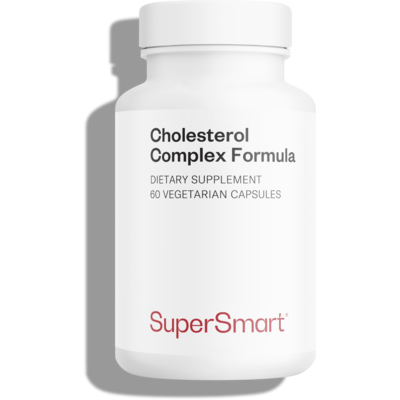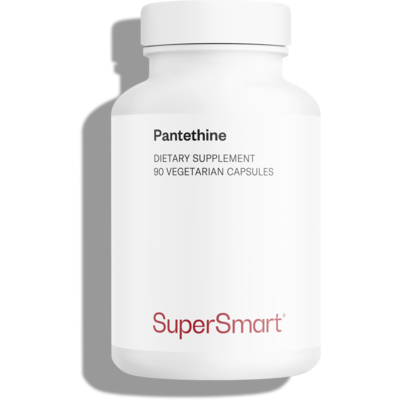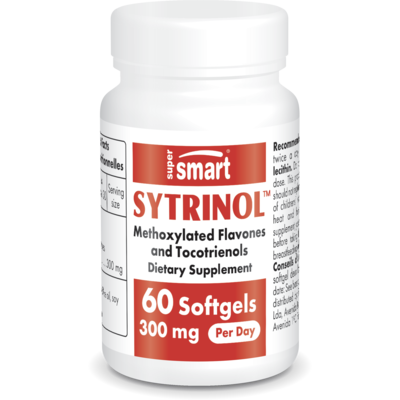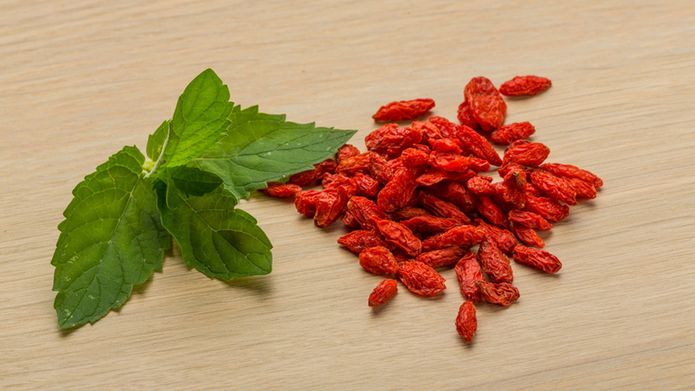Create Your Offer
Amla (Emblica officinalis) s the fruit of the Indian gooseberry, used in traditional Ayurvedic medicine for thousands of years.
Its beneficial effects are associated with its high tannin content. This new complex, Double Amla, is available to buy at SuperSmart in vegetarian capsules, combining two distinct extracts: one standardized to 45% tannins and the other, the recently discovered Saberry™, standardized in gallic acid and beta-glucogallin. This dual standardization increases the beneficial effects of amla beyond its antioxidant properties or the properties of polyphenols in improving circulatory problems.
What Benefits do Studies Show About Double Amla?
Recent studies involving the extracts in Double Amla confirm its efficacy:
- As an antioxidant and anti-aging protector against superoxide dismutase (SOD) and lipid peroxidation.
- Combating digestive and gastric problems (through an anti-ulcer and anti-secretory effect), in aiding digestion as well as gastric and anti-ulcer protection.
- Supporting healthy cardiovascular function, by reducing LDL ('bad') cholesterol.
- Regulating blood sugar levels and diabetes-related complications. This effect is attributed to the hydrolization of Saberry's tannins, which specifically inhibit production of aldo-reductase (AR); animal studies have shown that this effect is accompanied by improvements in renal dysfunction, a common complication of diabetes, probably by inhibiting oxidative and inflammatory stress.
- Protecting the liver against nitrosodiethylamine-induced cancer and carbon tetrachloride-induced fibrosis. Following a few weeks' continued use, in varying amounts according to the subject, biological markers returned to acceptable levels (ALAT, ASAT, bilirubin, transaminases, phosphate alkaline).
- For use in cosmetology as it provides oral nutricosmetic substances that combat collagen breakdown by producing a pro-collagen or counters the harmful effects of UVA and UVB when used in topical creams or gels.
Buy Double Amla capsules today and enjoy its health benefits for circulation.
WARNINGS
Do not exceed the recommended daily dose. This product is a nutritional supplement and should not be used as a substitute for a varied and balanced diet or a healthy lifestyle.
STORAGE
Store in a cool, dry place away from direct sunlight, heat, and humidity. Keep out of reach of children.
PREGNANCY AND MEDICAL CONDITIONS
If you are pregnant, breastfeeding, or have any medical conditions, consult your healthcare provider before using this product.
SUPPLEMENT INTERACTIONS
Consult your healthcare provider before use, especially if you are taking any medications or other supplements as there may be potential interactions.
Need Help?
Phone
+1 (786) 522-3907
From 9 am to 6 pm (EST)
You May Also Like

